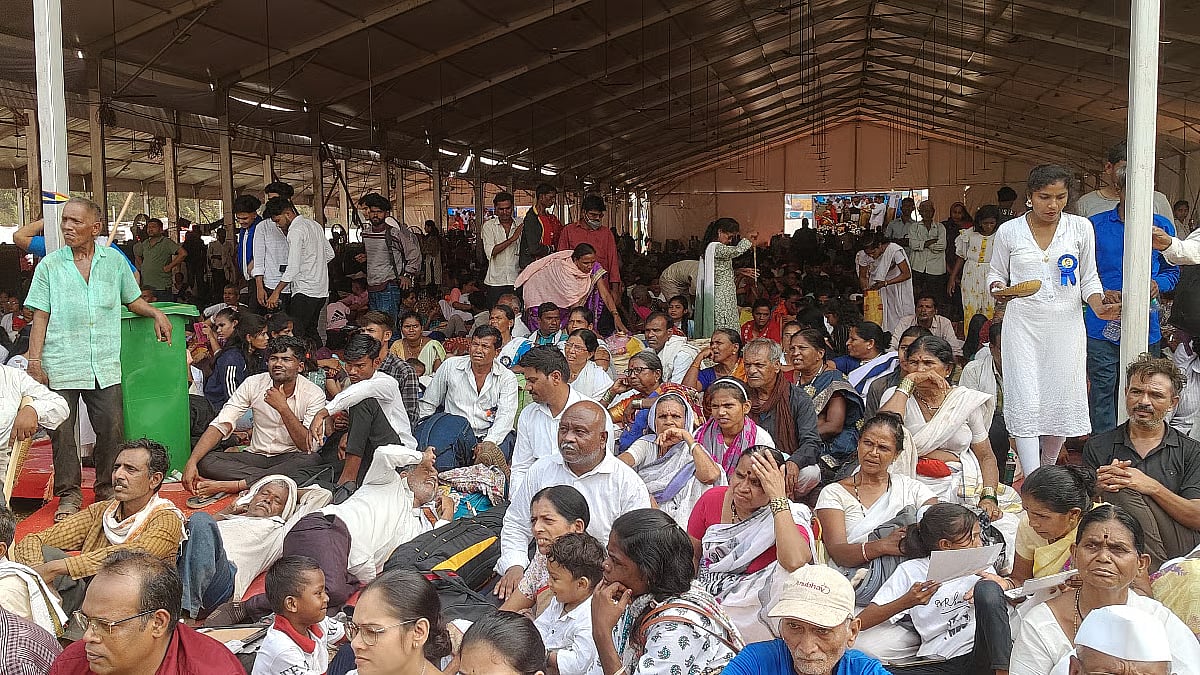Most problems in the world occur because of good people trying to do good blindly, without comprehending that good is supposed to lead to good and not bad. Good that results in bad is worse than bad that results in bad. Doing good has to lead to a greater good.
Good people need not be subordinate to bad people. Good that makes one weak is actually bad in disguise. When bad uses good to do bad, it is called duplicity. When good uses bad to do good, it is called diplomacy.
In the Mahabharata, Yudhishthira was conditioned to do good to others. During his Rajyasuya sacrifice when there was bloodshed due to Krsna killing Shisupala, Vyasdeva revealed that he would be instrumental in starting a bloody war.
Yudhishthira did not want to be held responsible for so much violence and instantly took a vow that he would follow every instruction of his elders without any complaint. He felt that this vow would prevent the fratricidal war that Vyasdeva was predicting. When Duryodhana learnt of this vow, he duplicitously used it and instigated Yudhishthira to gamble.
During the match, Duryodhana apparently followed every rule that was pre-agreed upon perfectly and Yudhishthira apparently did everything only with good in his mind. But the result was terrible, ending with the disrobing of Draupadi. Duryodhana using Yudhishthira’s goodness to do bad is called deceit. And his goodness, which made him weak, was actually bad in disguise.
A little later in the Mahabharata, when Krsna entered the lives of the Pandavas, he pushed them to break so many rules in the war. He pushed Yudhishthira to lie, he hid the sun with the sudarshan chakra,
inspired Arjuna to place Shikandi ahead of him while fighting Bhishma and instructed Bhima to strike Duryodhana below his waist.
In Duryodhana following all the rules, the motive was wrong and in Krsna breaking all the rules the motive was right. Krsna’s motive being right is established by the fact that after the war, he got nothing out of it. In fact whatever army he had, he lost in the war. His only gain was the satisfaction that he had helped establish a kingdom based on dharmic principles.
Once dharma was restored, Krsna left Yudhishthira to rule the kingdom according to his goodness. He never ever intervened after that. Krsna used part time diplomacy to deal with Duryodhana’s full time duplicity.
When good becomes subordinate to bad motives then after short-term peace, long-term chaos prevails.
When good resorts to bad to establish good, then after short-term chaos, long-term stability prevails. Good and bad should ultimately be determined by motive and results more than action and appearance.
Take note!
Most problems in the world happen because good people do good blindly, without realising that good ought to result in good and not bad.
Good that makes one weak is actually bad in disguise.
A lie that helps is better than a truth that hurts.
(The writer is an author, Tedx speaker, story-teller, corporate trainer and visiting faculty in several premier management schools)










